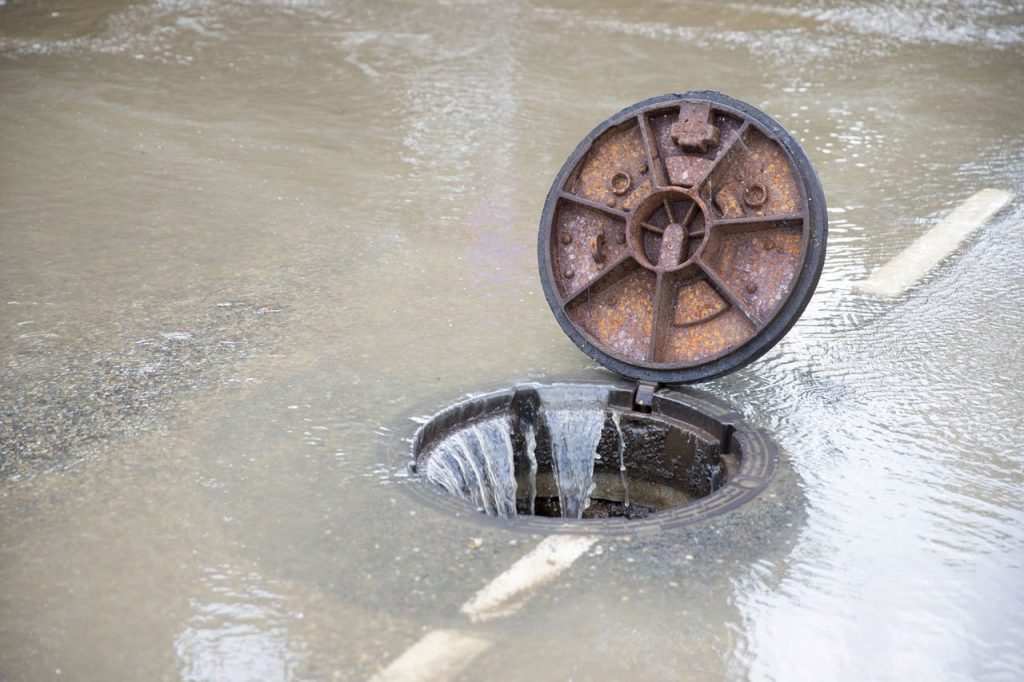20 March 2020
How we can fish millions out of sewage
This week’s edition of the Financieele Dagblad focuses on the recycling of toilet paper from sewage water, with attention to our SMART-Plant at Hoogheemraadschap Hollands Noorderkwartier in Warmenhuizen. Here CirTec extracts toilet paper from sewage water with the Cellvation process and reprocesses it into a raw material (Recell®).
Source:
https://fd.nl/futures/1331186/hoe-we-miljoenen-uit-rioolwater-kunnen-vissen
How we can fish millions out of sewage
Toilet paper contains valuable cellulose. That’s why a Dutch plant has been extracting paper fiber from sewers for a few years now. Does that pay off?

Where does this happen?
In North Holland. A water board near Warmenhuizen is extracting cellulose from sewage and selling it back. Unfortunately, you can’t make new toilet paper from it. The paper fibers have become shorter due to their stay in the sewer, while for toilet paper you need long wood fibers. These allow paper to retain air, which makes it soft to the touch.
But the fibers are in demand for such things as the production of plastic window frames, for making picnic tables or as filler for asphalt roads. For example, in the Gooiseweg on the A10 ring road in Amsterdam. Normally new paper goes into asphalt to keep the road strong, but used paper also works fine. It makes money and saves the felling of a lot of trees, is the idea.
Does this really work?
In principle, yes. It is precisely cellulose that you can remove from the sewer relatively unscathed, Professor of Physical Chemistry Remco Tuinier of TU Eindhoven told the FD earlier. Cellulose – the basic material in trees – does not mix easily with other substances.
That’s an advantage and disadvantage in this case. ‘It dissolves into almost nothing, so you have to fish it out of the water with a special technique. But it’s also easy to wash off other contaminants.’
The cellulose can indeed be delivered clean, agrees director Coos Wessels of CirTec, the company behind the installation. According to him, there is nothing strange about the material coming from the sewer. ‘We also recycle plastic in the Netherlands. Your coffee cup could be made from the diapers of the neighbor’s child.’
But is it profitable?
First, a quick look at the macro numbers. There is plenty of supply. It is estimated that the Dutch flush about 180,000 tons of cellulose down the drain every year. The market price for cellulose from wood ranks around €800 per ton. So assuming it succeeds in filtering all the sewage, it could generate almost €150 mln a year.
You also save costs because breaking down cellulose is a tough task for bacteria. If you remove the cellulose, the bacteria in a water treatment plant can focus on other substances. This allows for increased capacity. It also saves emissions, because reusing cellulose saves 360,000 tons of CO2 equivalents per year, according to Wessels. All this together, he says, makes recovery profitable.
Why doesn’t this happen much more?
Because of the cost. Because a subsidy was needed to build the plant. Also, the yield is still disappointing. For example, the installation in North Holland gains 400 kilograms per day, while reinforcing a few kilometers of highway already requires 9000 kilograms of paper.
Where will be the next installation?
A plant has also just been built in Ede that fishes raw materials out of water. Here, Water Board Vallei and Veluwe uses activated carbon (specially treated carbon that can bind all kinds of substances to itself through adsorption) to remove medicine residues from sewage. This is what wastewater treatment plants are paid for.
For the project, the water board received a €3.8 million grant from Interreg North-West Europe. Cellulose is not yet filtered out of the water by this installation. It could, but because it is still a new technique, we are waiting a bit longer. Wessels: “We don’t want to do too much at once.
Used toilet paper is proving to be a valuable building material. Soon, many motorists a day will be driving along a road made of toilet paper straight from the sewer. What about this, and what else can we do with used wads of Page and Popla?
Riding on used toilet paper is fine (external link to https://fd.nl/morgen/1259734/op-gebruikt-wc-papier-is-het-prima-rijden)



